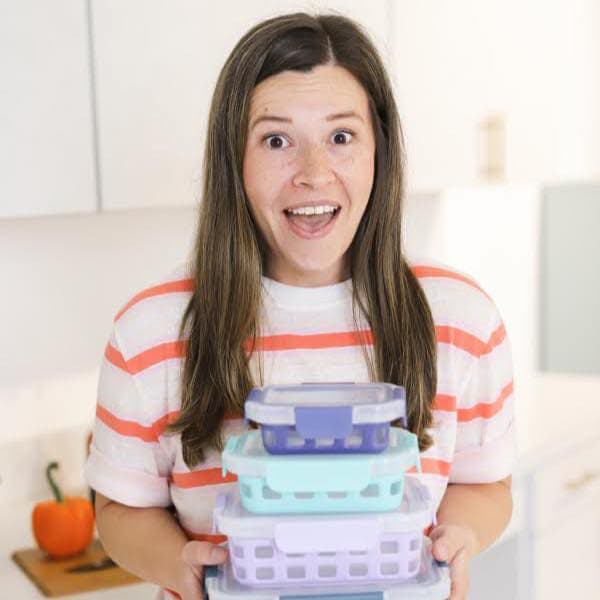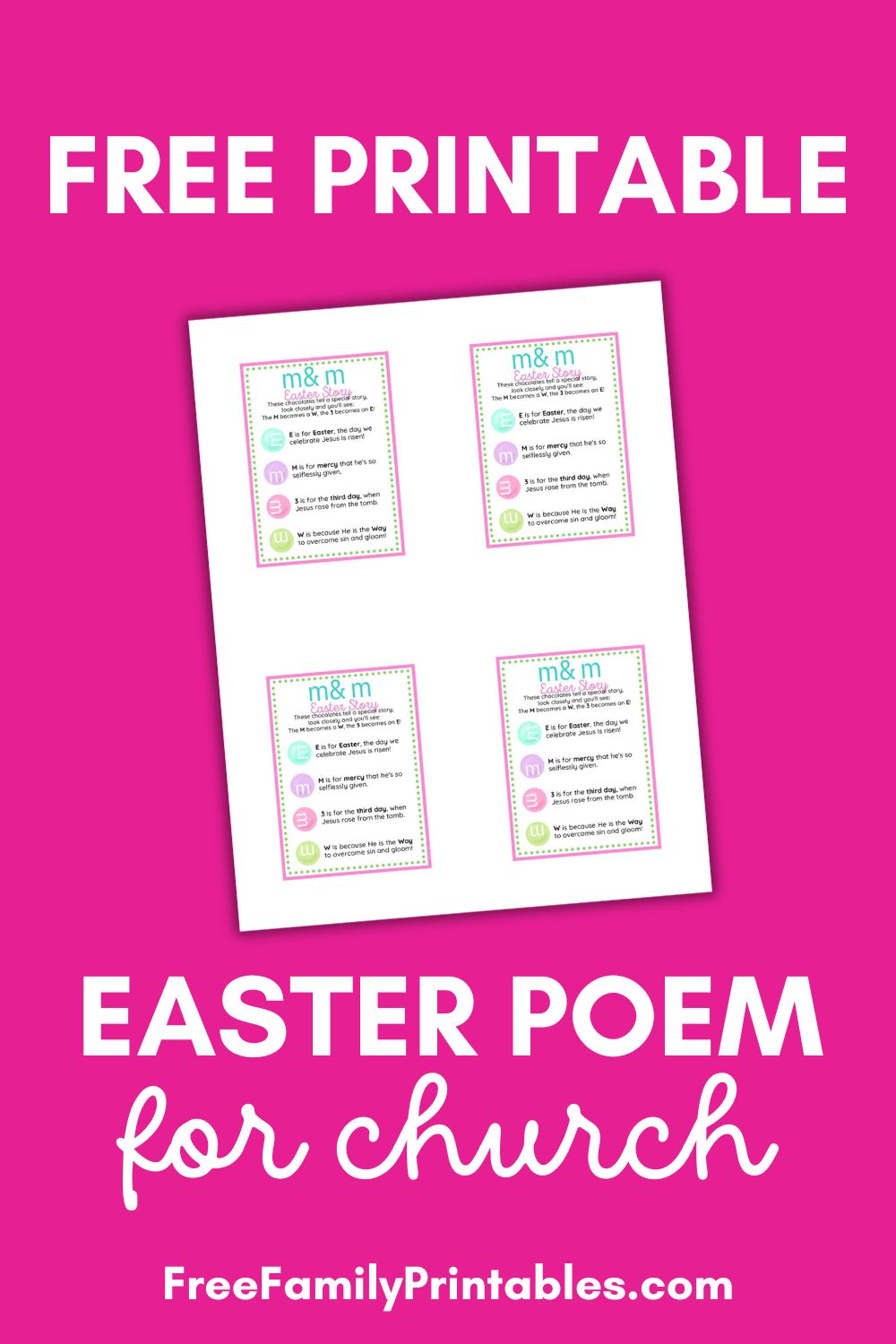When you’re learning to budget, there are going to be difficulties.
It’s certainly hard to go from total financial mess, to gaining control of your money over night!
Today, I’m going to go a in depth into budgeting and the difference between budgeting your money and simply monitoring your money.
Read: How to budget for beginners
This is something that I really struggled with in the beginning.
When I got out of school and started residency and started actually making an income, I downloaded the Mint app.
I connected our bank account to the app, and then I just watched the money.
Read: How to Budget Using the Every Dollar App
I watched it go in, and watched it go out, but I didn’t have any plans with the money.
I would categorize the transactions as they cleared my bank account, and I thought that was a budget.
I really, honestly thought that was a budget.
In my mind, if there was money in the account, then we must be doing a good job, because we weren’t overdrawing our account or anything.
So, at the end of every month, I was like, “Where is the money going and why do we have nothing to show for it?”
And also, how do people save for a house? How do people pay off their student loans? How do they do all these things with money? Because we just, pretty much, break even.
We’re not saving any money or making any kind of progress with money at all So what the heck?
I was like, “I just don’t understand.”
Because WHY? Nobody talks about money.
It’s super taboo to talk about money, so nobody talks about it. Nobody tells you how to do a budget or anything like that.
Read: How to Pay Off Debt Fast
You have to be intentional, and you have to be committed.
You also have to be on the same page with your partner.
You can have the greatest money plans in your mind, but, if your husband or wife isn’t all in with you doing the same thing, there’s no point because they’re spending their money, and you’re doing this and that, and it’s just headaches.
Read: How to have a Budget Meeting with Your Spouse
It’s not enough to just connect your bank account to an app and hope for the best.
You really have to do the work. And it’s really not that hard of work, either, like, once you get the budget down and once you start doing it every month.
Now we sit down together. We copy over our set expenses, and then we talk about the miscellaneous.
Knowing our budget meeting’s coming up, the week before we start jotting little things down in a notebook or something, like “we can’t forget our daughter needs a haircut or whatever…Or, remember, we have that event for school coming up, and it’s going to cost $10.”
You can start planning and gearing up for that budgeting meeting the week before when you make it a habit, and it becomes a part of your life.
Now I honestly can’t imagine not having the budget.
It’s such a part of our monthly routine. And I would honestly feel kind of lost without.
Read: How to set financial goals
How do you do a real budget?
Not just looking at your money, connecting an app to your bank account and hoping for the best, but a real, intentional budget that works?
Budgeting Tips for Beginners
Identify ALL monthly income sources
The first thing you’re going to do is write down your income, all sources of income that are coming in that month.
Now, if you have a super inconsistent income and you’re just not sure, make your best educated guess.
You need a starting off point.
You can adjust along the way, and you will get better as the months go along.
Write Down ALL of Your Known Expenses for the Month
Second, you’re going to write down all of your expenses.
Start with your absolute necessities, like housing, transportation, and utilities and food.
Start with those things, and then add in things like cable and the things that you usually pay for every single month in your budget that are going to be pretty standard each month.
Then, assign an amount to every category.
Use your past bank statements to research and estimate.
For Example: Our bill is usually $200 in the summer for electricity. So I’m going to budget $200. It might be $190 or something like that, or it might be $210. And we’ll adjust it along the way and get better.
Assign everything a category and commit that that’s how much you’re going to spend and you’re not going to go over.
If you do go over, you’ve got to take the money from somewhere else.
Take it out of the groceries or something, and you’re just going to have less in that category because you can’t go over budget.
If you’re going over your budget, you’re going to end up putting it on a credit card or something.
Read: How to budget when you’re broke
Assign an Intentional Purpose to ANY money left over in your Budget
The money that’s left over can’t just sit there. You have to make it start working for you.
Extra cash can become a savings account or a down payment for a house.
You need to assign it before the month even begins.
For example: $100 of it’s going to new clothes for the kids. $50 of it is going to school supplies. And the rest is going to debt, or the rest is going to a down payment on our house.
Read: Should I Pay Off Debt or Save?
You have to assign your miscellaneous money to categories.
Then, make a promise to yourself, make a promise to your spouse, commit to each other that that’s where the money is going to go.
Read: Common Budget Categories you are Forgetting
Cut Your Expenses, Increase Income, or BOTH!
Let’s say you’ve done your budget.
You have your income, your expenses, everything, and there’s still not enough.
There’s not enough money to do all the things.
Now we need to cut our expenses, increase our income, or maybe both.
When we really, really started budgeting, like for real — not monitoring, but budgeting — we realized that we were living way above what we could afford to and also be able to pay off debt.
Then we started cutting our expenses to be able to pay off debt faster.
Read: How we Cut Our Family Expenses
Budgeting is not a let’s-just-hope-it-works kind of thing.
You only fail if you quit, but you will struggle at first if you’re new to this.
It’s okay because you’re going to learn from that, and you’re going to keep moving forward.
So decide why you’re doing this. Your “why” needs to be really, really good, something that’s going to keep you motivated. And you’ll be able to do it.
Read: How to Stay Motivated Paying Off Debt
If you’ve ever wondered, “Am I just monitoring my money, or is this a budget?”, I hope these budgeting tips for beginners, will help you a little bit in deciphering that.


Leave a Reply






Budgeting tools are available and even a sheet of paper can be used to do the simple planning. My husband is the family planner. He has always been smart in doing the rough calculations in his head. He would know what he monthly income was after taxes and his automatic 401K deductions from his pay taken out first. He did have a good paying job, yet he did not believe in spending his whole paycheck. He said that letting the savings account grow is not a bad thing, having six months of income in the savings account is what he considered reasonable. He is now fully retired, collecting both his military and federal civil service pensions, and he has paid off the mortgage, yet we still practice the smart money management. I know people that are in their mid sixties, that never budgeted or saved that say they will never be able to retire as they cannot live on just social security. Sadly budgeting and financial planning should be taught in high school as a mandatory class.
Author
Yes Carolyn! I couldn’t agree more. I wish I would have had financial education available to me in high school, instead of learning the life lessons the hard way! Kudos to you and your husband for working so hard and living with a plan! -Shannon